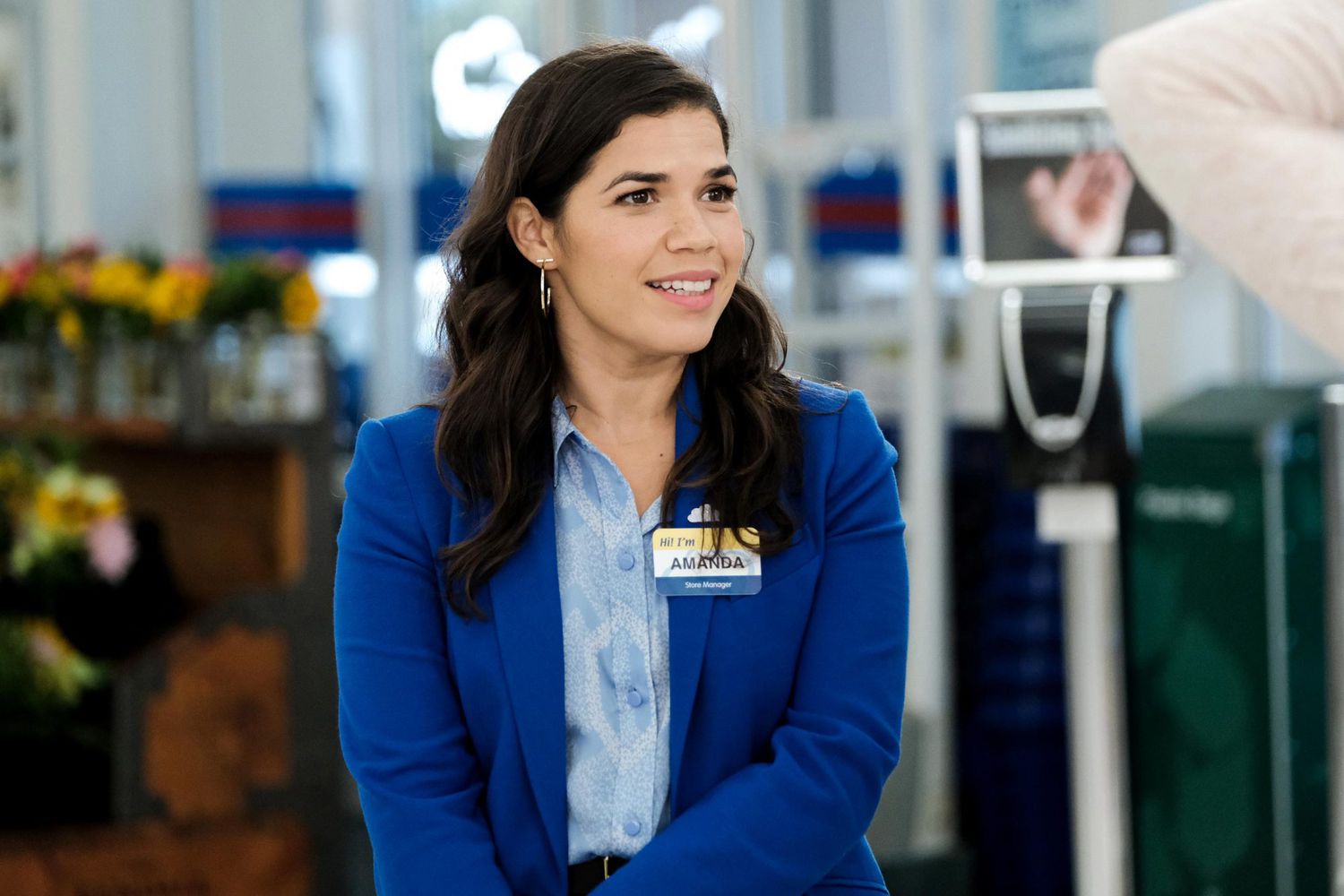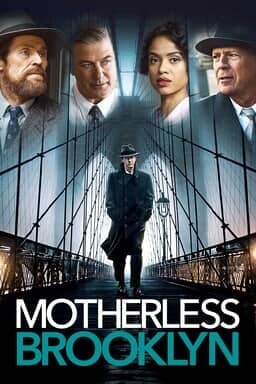Kidding (Showtime)-Is Jim Carrey known as a sad guy? I don't know his biography but in the wake of Robin Williams' death, the publicity for Louie CK's instability, "Honey Boy" (which details the abuse of stand-up-comedian-turned-actor Shia LaBeouf), it's an increasingly common perception that comedians are dark people. Oh yeah, and there's "The Joker." While the show centers around a Mr. Rogers expy named Jeff Pickles who is losing his marbles and doesn't have the capacity to express it, it treads in the same "sad comedian" trope and it's surely no coincidence that Jim Carrey is cast here.
The basic synopsis of Pickles's problems is he lost his son in a car crash and the incident drove him and his wife (Judy Greer) to the point of his divorce. The beauty of the series is that his personality and affectations are so much more complicated: He can't see the forest for the trees when it comes to his desire to be kind, he represses his emotions, and his inability to creatively control his program is compounded with how much of a control freak he is. Joining him for the ride are Diedre (the ridiculously talented Catherine Keener) as his sister who is also a puppeteer for the show. She's not as far along the edge of dysfunction as Jeff and functions as an interesting counter-example for if Jeff dealt with his grief much better.
The show isn't afraid to blur the fourth wall in the show-within-the-show segments and there's a certain psychedelic mood. This is a show that feels like LSD was either involved in the making of it somehow or intended to play into the target audience. In other words, it's a show that's bold and that's something worth watching.
On Becoming a God in Central Florida (Showtime)-Anti-heroes in TV's Golden Age are generally built from the same Elizabeth Jennings or Walter White (or now Marty Byrde of "Ozark") mold: Master chess players who constantly have to answer with their back against the wall to various dangerous people who want opposite things from them. This show presents us with a protagonist who might succeed based on moxey and spunk alone but it’s equally likely she'll shoot herself in the foot first. Krystal’s lack of certainty makes for a show that’s sublimely unpredictable.
Krystal Stubbs (Kirsten Dunst) is a water-park employee who becomes widowed in the pilot episode by a man who threw all their money in a pyramid scheme. She needs some form of financial relief and neither her water park employee, her misogynistic neighbor, her debt collector, or her late husband's pyramid scheme "family" is willing to give her much leeway. The first couple episodes show the glimmers of good news that are stretched between dark spells and that's a bit hard to watch. Tragedy is all well and good at the movies but when you're watching a character get beaten up week in and out, what's the point?
But when Stubbs tricks her husband's lackey into giving him stage time (locking him in a closet under the guise of seducing him; a strangely cathartic scene) at the pyramid scheme convention, she discovers she has the power to influence people. The problem is her foil (Ted Levine in a high water mark) has a scam of a company to begin with and she can't do much within his rules.
The show is set in the 1990s when pyramid schemes were at their most popular with period appropriate details. The FAM pyramid scheme is portrayed as a tragic cult (laid on pretty heavy) but, hey that's capitalism in a nutshell. At least that's the thesis of this series.
 |
| Source: Time Magazine |
 |
| Source: Vulture |
Thomas Middleditch and Ben Schwartz are freaking geniuses at this art form. They effortlessly switch characters; incorporate comic tics very early on so you're laughing sooner than later; and thing several steps ahead to where the story should go. It's not too far-fetched to think that they could write a sitcom pilot on the spot. Jesse David Fox wrote an excellent article about how this could resurrect the often maligned form of improv, but the problem is that most improv shows you see don't feature people with these abilities.
Watching these two only makes me want to watch more of these two and their unique spin on the form. The only problem is that Middleditch and Schwartz only have three episodes. Doesn't Netflix give everything a minimum of six episodes? Were production costs that high for filming two people playing pretend on stage?









